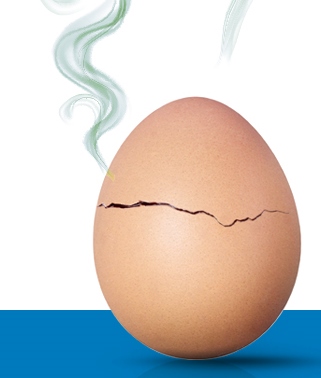Know how to detect a gas leak

Protect your home and health this heating season - report gas smells or 'hissing', and install and maintain a working carbon monoxide alarm.
Smell rotten eggs? You could have a natural gas leak.
If you suspect a gas leak and are inside, leave the premises immediately. Do not do anything that could create a spark (i.e., don't use cell phones, switches or lighters). If you are outside, clear the area and do not use lighters or start vehicles. Call 613-546-1181, ext. 2151 when you are safe. Visit our page on leaks and odours to learn more.
Install and obey carbon monoxide alarms
Carbon monoxide (CO) is an odourless gas that can be produced from a number of sources such as exhaust from a car or woodstove, or natural gas-fired equipment that is not functioning properly or appropriately ventilated. You can't see it, smell it, or taste it; but carbon monoxide can cause serious harm.
Carbon monoxide alarms are now required in most homes by law. If your CO alarm goes off, immediately evacuate all occupants (pets, too!) and call 911.
Ontario’s Fire Code requires alarms near all sleeping areas in homes with fuel-burning appliances, such as furnaces, stoves or fireplaces. It also applies to all residences with attached garages.
Learn more about the signs and symptoms of carbon monoxide poisoning and how to take preventative action from our page on carbon monoxide.
Natural gas is a safe fuel
Natural gas has been used safely for many years, it is a safe fuel. Utilities Kingston has been providing safe and reliable gas services since
Modern gas appliances and accessories are certified to high standards by the Canadian Standards Association, Underwriter Laboratories of Canada and similar
Related information
Get more tips from our page Stay Safe this Winter.